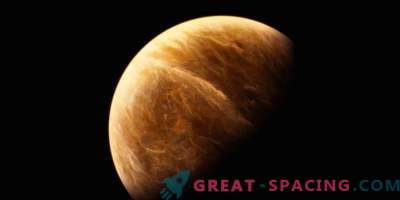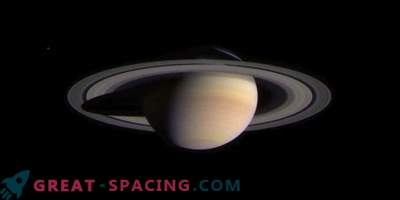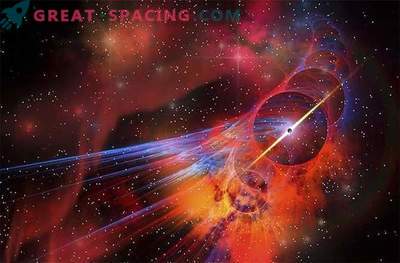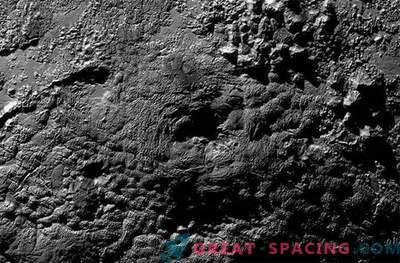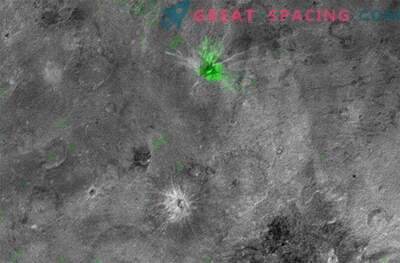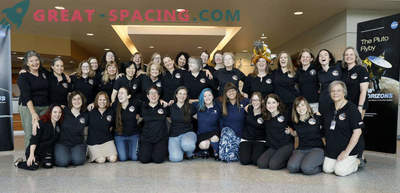
Forget about a soulless piece of stone with water and noisy people. In fact, we all live on a giant organism! At least, supporters of the unusual Gaia hypothesis, with which we will get to know each other, are convinced.
Who is “Gay”?
In the divine pantheon of ancient Greece Gaia performed the divinity of the Earth. She was considered the mother of all living things. Appeared after Chaos and was married to Uranus. The rest of the myth is filled with bloody stories of war, betrayal and the generation of monsters. But the main thing for us to remember is that this is the embodiment of the goddess of our entire planet. It is also sometimes perceived as the second title after “Earth”.
Origin of the Gay Hypothesis
In short, the essence of the hypothesis is that the whole of our planet is a living organism. The physicist and chemist James Hutton spoke about this in the 18th century for the first time. He shared his thoughts on one of the lectures in Edinburgh and suggested that the scientific community treat the planet as a large living being.
We usually think that we live on a stone sphere with water areas. And life is something separate, which came here in the past and developed to the present state. But in 1785 Hutton believed that the Earth has its own metabolic system and it even breathes.
Modern development of the hypothesis

Usually, all strange theories arise from a lack of knowledge. However, it is important to be able to look at everything from a different angle. The Gaia hypothesis was widely adopted in 1972 thanks to scientist James Lovelock and biologist Lynn Margulis. They pointed to the interconnectedness of earth processes. That is, we cannot separate the evolution of life and rocks.
This idea arose from Lovelock as far back as 1965. He believes that earthly life forms received the necessary conditions for existence and entered with the planet into some agreement allowing both parties to benefit from cooperation.
Of course, representatives of NASA and other scientists criticized the hypothesis, which conflicts with Darwin's theory of evolution. But in the 1970s. there were active supporters and followers. They even found the main link between the planet and life - microorganisms.
Discussion and value

The complexity of the hypothesis is that it does not have clear wording and postulates that can be confirmed or disproved by scientific methods. Therefore, many refer to it more as a literary metaphor. But the hypothesis had and a positive impact on the scientific world. Lovelock believed that humanity should not treat Earth as a temporary shelter or just a home. This living organism, of which we are fortunate to be a part. Notice, only “part”, which means that we must respect the planet.
In addition, the scientists themselves began to study the Earth as a whole, rather than a set of separate spheres. For example, everyone understood that when studying it was no longer possible to separate the oceans and rocks, and students began to offer more comprehensive courses, revealing the chains of interconnection of terrestrial systems.
Postscript
Interestingly, the follower is considered a writer Isaac Asimov. The theme of “Gay” is well shown in the cycle of novels “Base” (we advise you to read), where the planet and its inhabitants live in harmony. Something similar is seen in “Avatar”. What do you think?







